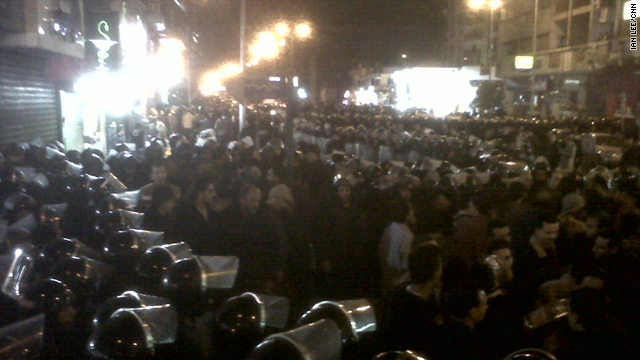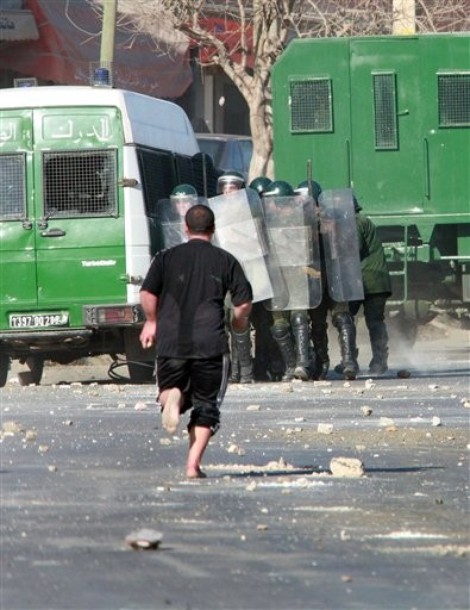Egypt (and Beyond) LiveBlog: A Big Day --- And Not Just in Cairo
 Friday, February 4, 2011 at 6:25 |
Friday, February 4, 2011 at 6:25 |  Scott Lucas in
Scott Lucas in  Africa,
Africa,  EA Global,
EA Global,  EA Middle East and Turkey,
EA Middle East and Turkey,  Middle East and Iran
Middle East and Iran 
0107 GMT: Fox News reports that an assassination attempt on newly-appointed Vice President Omar Suleiman left two people dead this week. Neither Fox nor anyone else has confirmed this story. When asked the question, White House Press Secretary Robert Gibbs had this to say:
"I'm not going to ... get into that question,"
0100 GMT: Members of hacktivist group Anonymous have targeted the government websites of Yemen and Egypt in solidarity with the protests in those country against the dictators. They used Distributed Denial of Services (DDoS) attacks to make websites unavailable for viewing.







